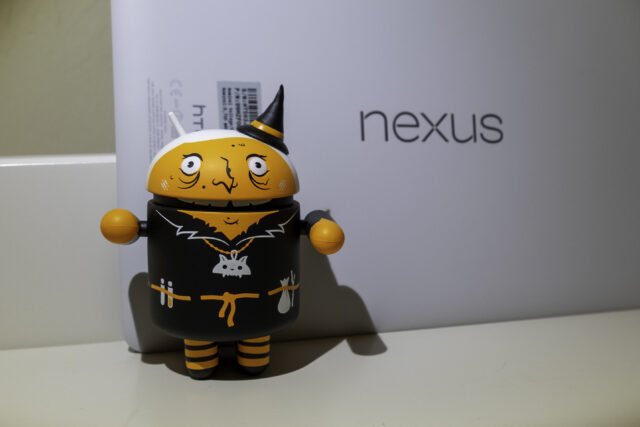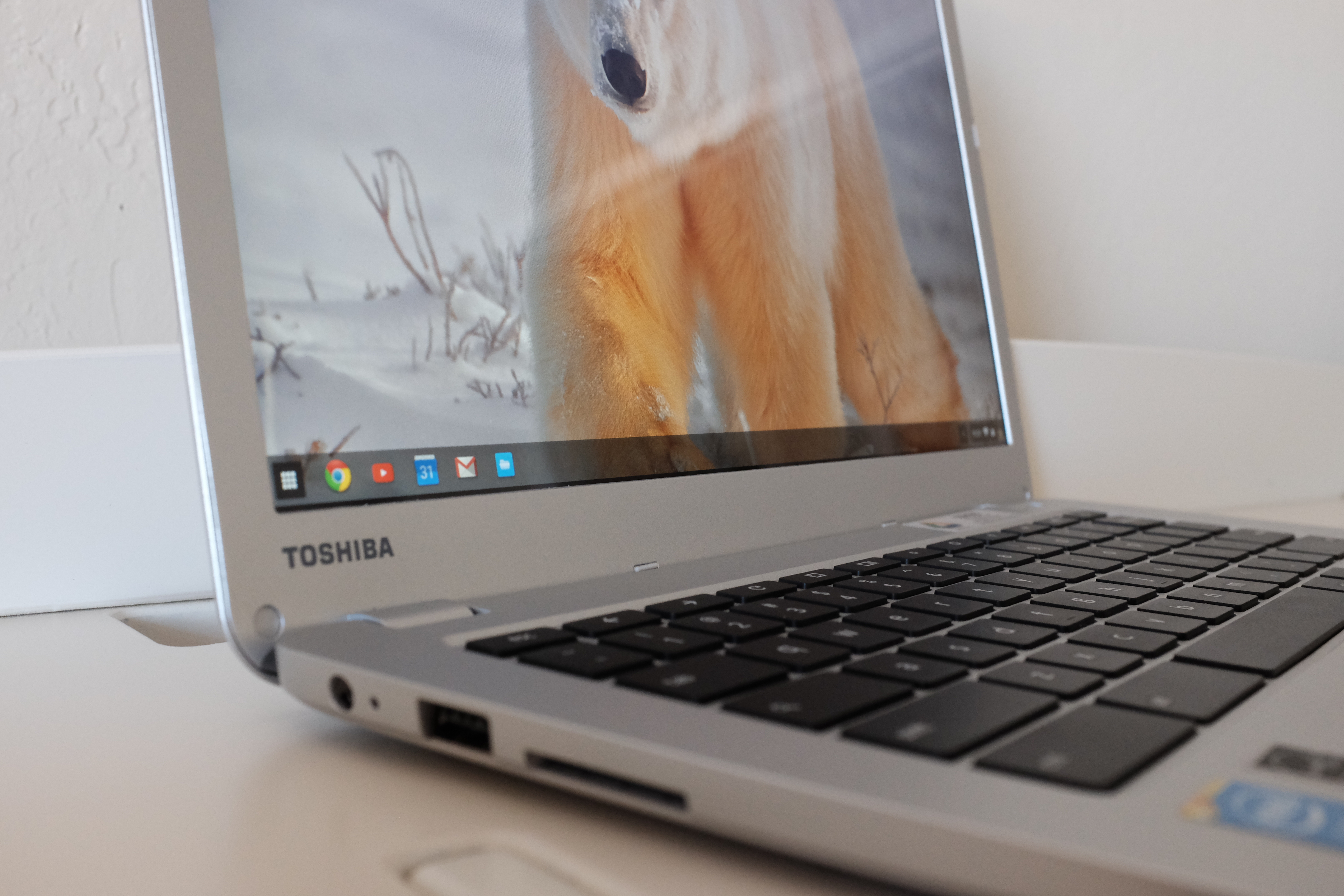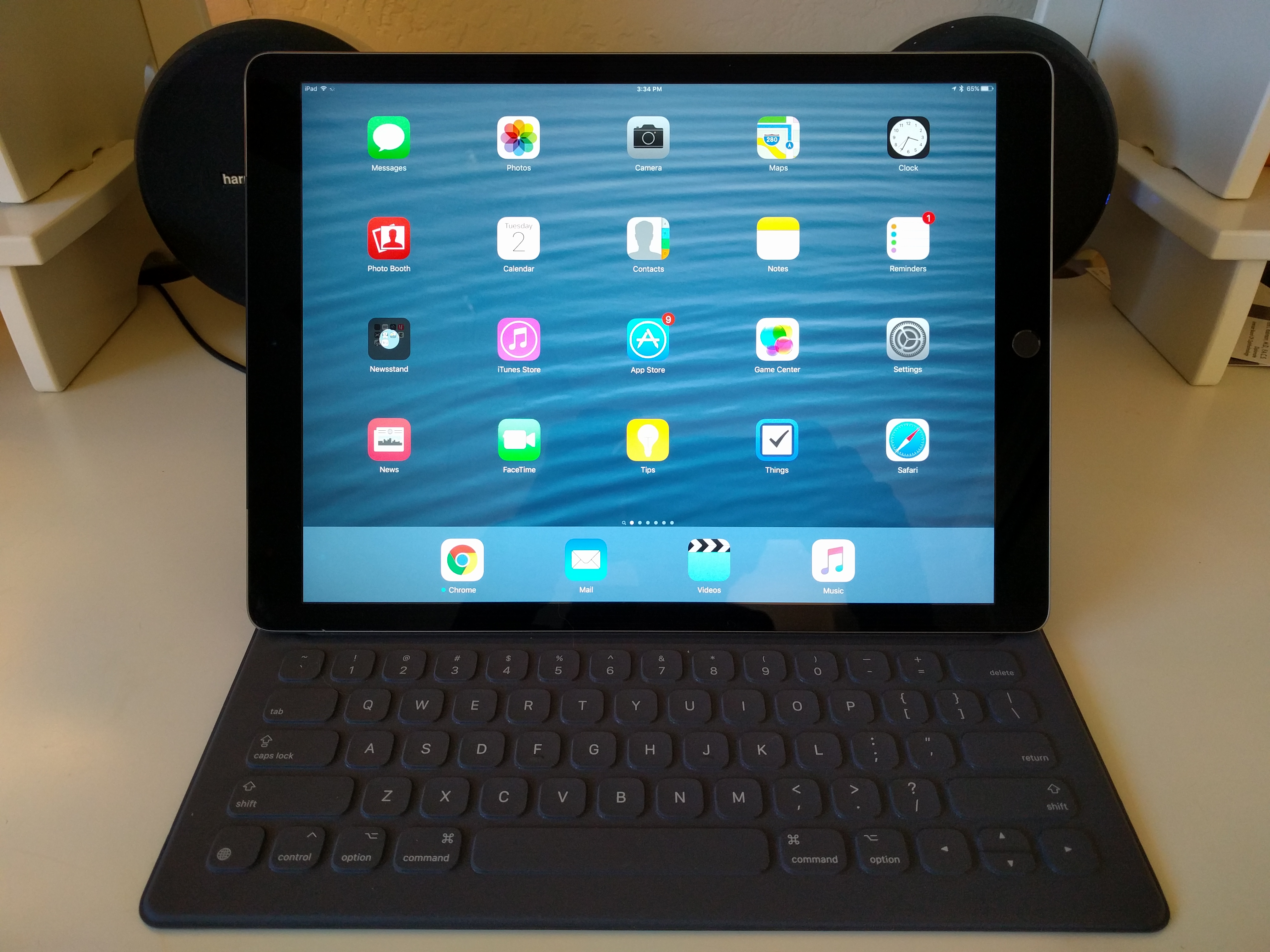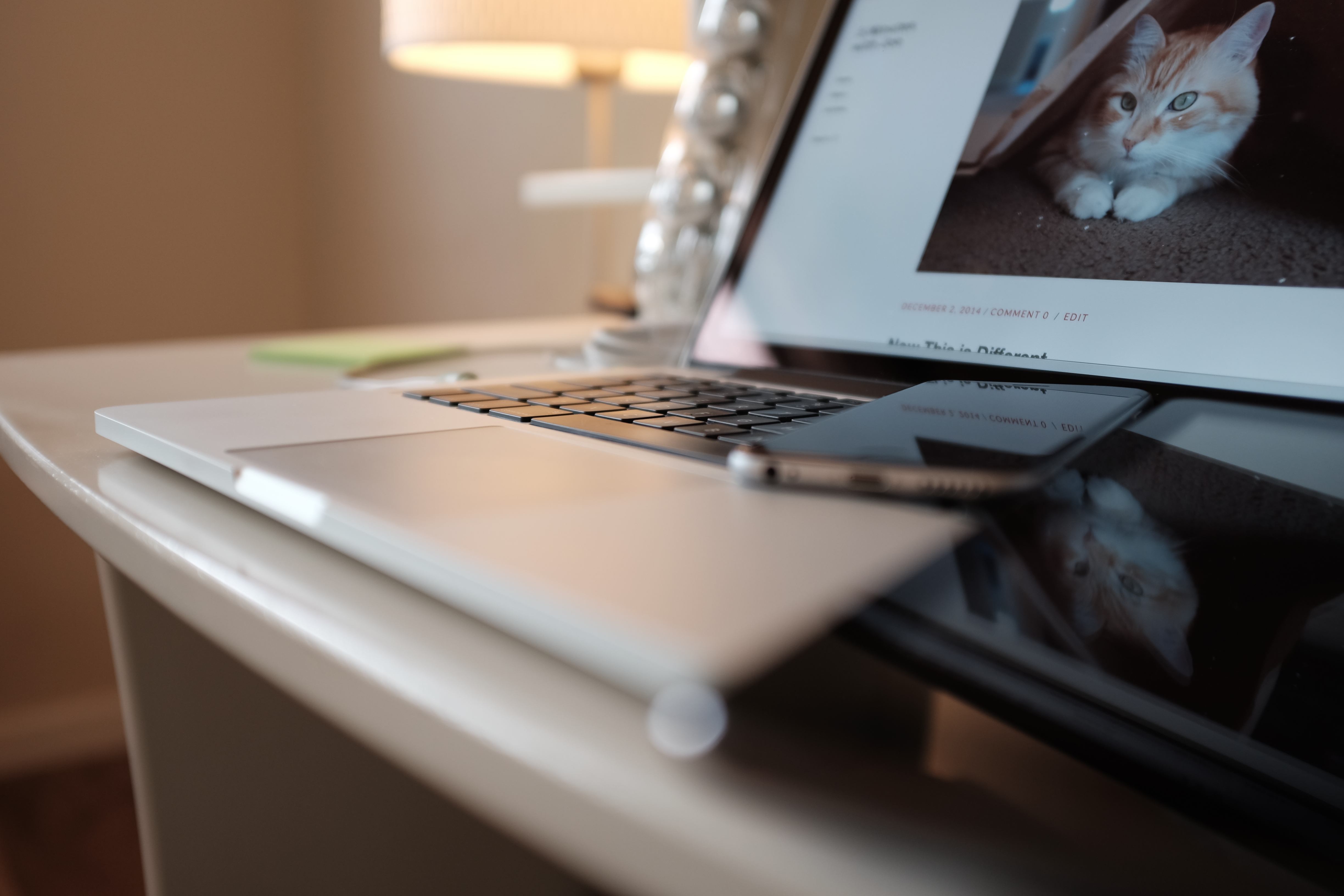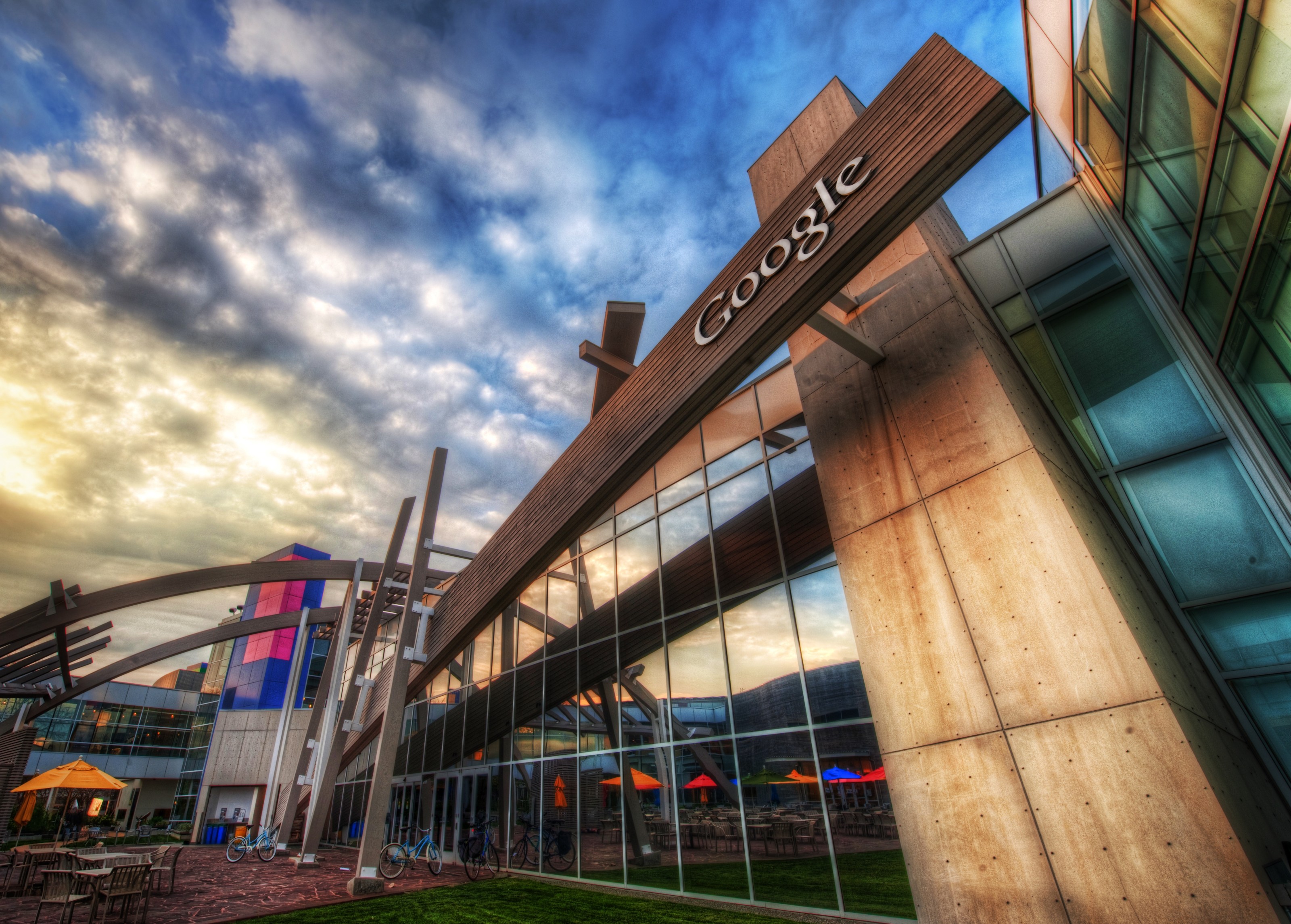Seven years ago today, I posted a lengthy, revised review of the Nexus 9 tablet. In 2022, I use an 11-inch iPad Pro M1. That’s the state of my current computing life, which is matched by iPhone 13 Pro and 16.2-inch MacBook Pro. Not long ago, I was all-in with Google devices—as recently as 2019. But I eventually bit into the bitter fruit that is Apple, partially because Big G introduced excellent gear that later would be abandoned. Also, I saw increasing need not to be bound to constant Internet access.
That said, I had some satisfying digital lifestyle days using Chromebook Pixel and LS successor, among other Google devices. Pixel C remains one of my all-time favorite tablets, in part for the crisp display and Android utility. I still have one in the closet, languishing; four or five Android versions ago, support stopped. I also still own Pixel 2 XL, which similarly can’t be updated.
